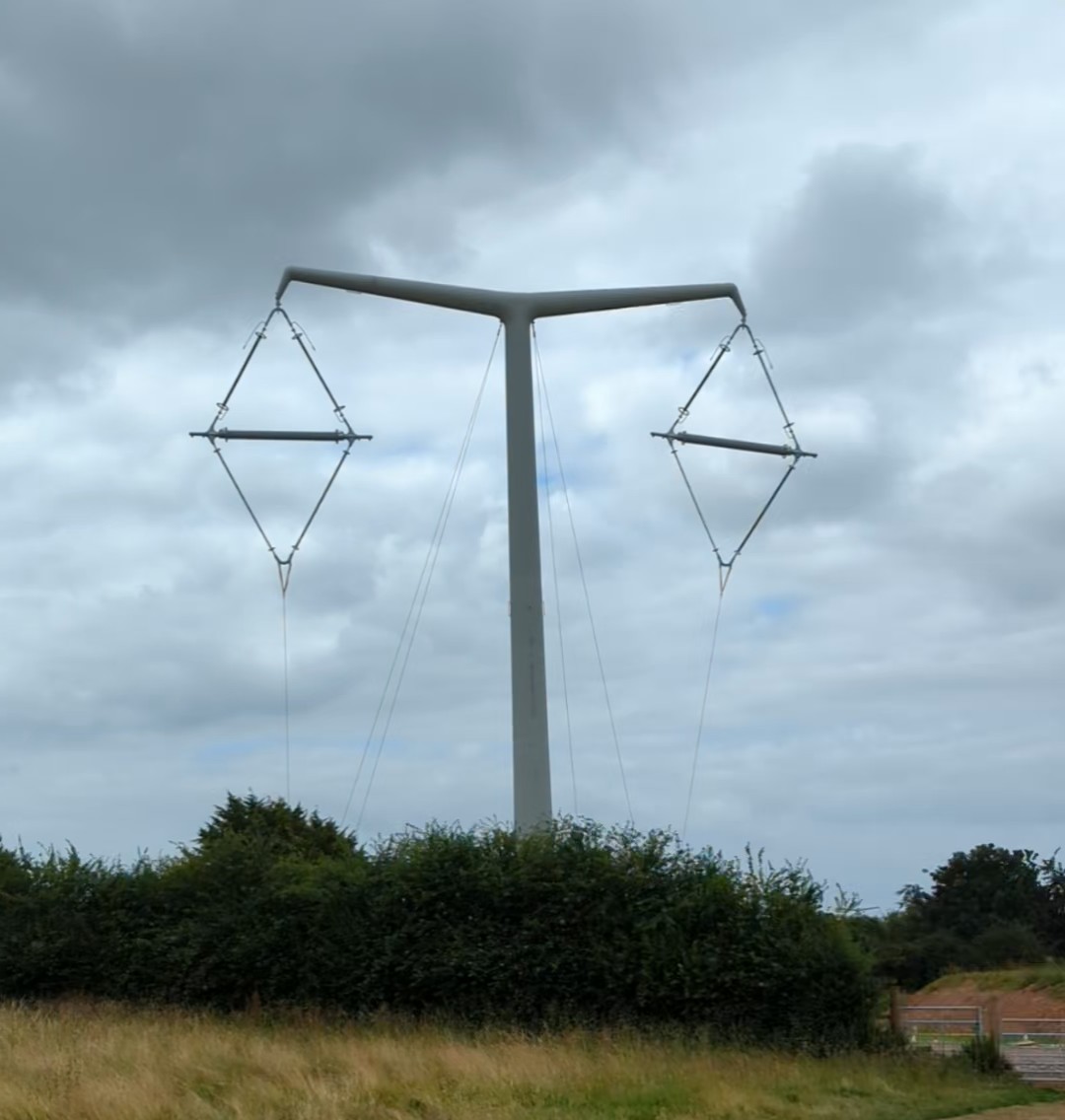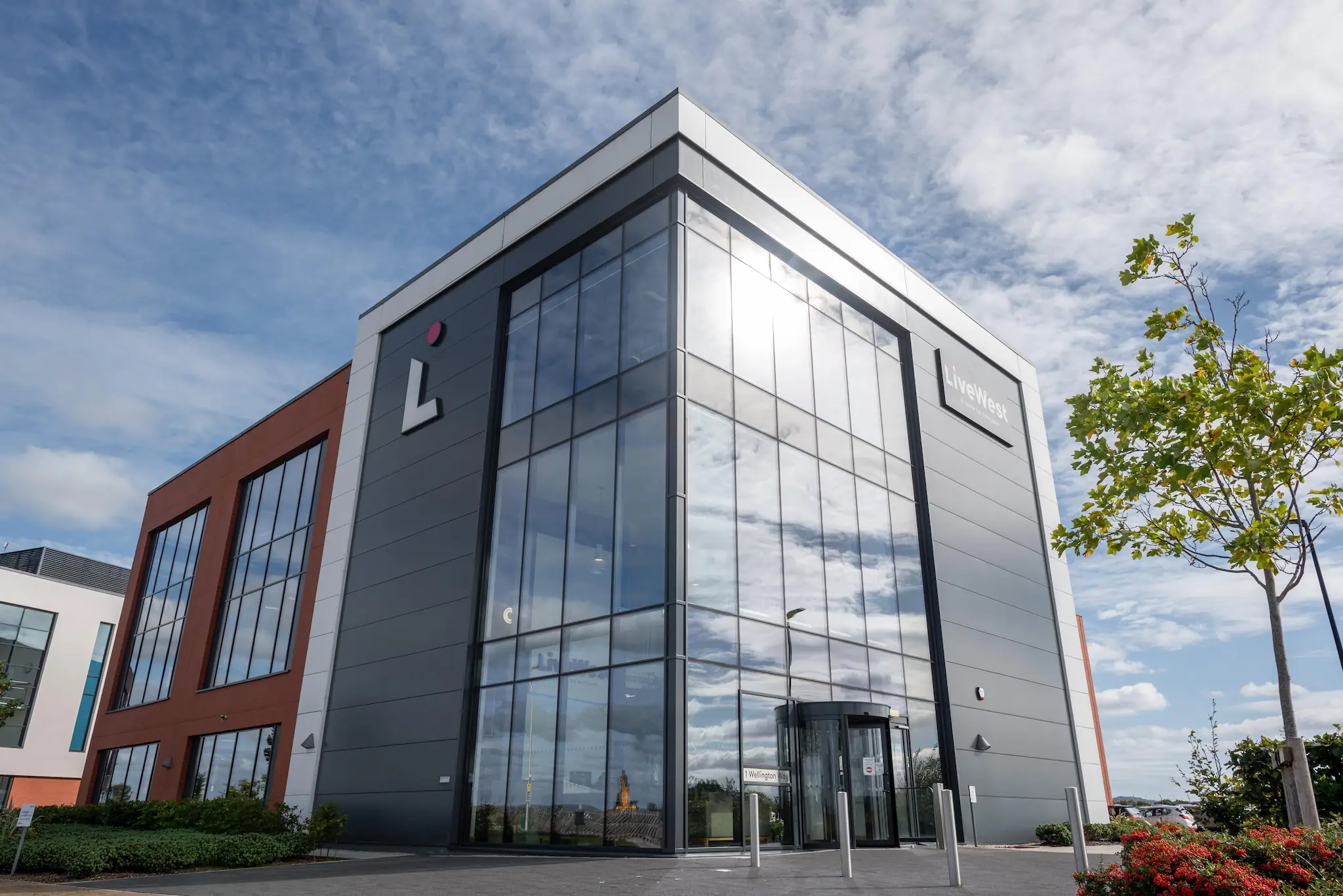
Smart Grids will deliver the decarbonisation of energy which means Britain and the world will significantly reduce the use of fossil fuels.
The Centre for Smart Grid aims to replace pre-historic energy, i.e. coal, gas and petrol, with renewable energy such as wind and solar, whilst at the same time focussing on demand-management by reviewing every second of every day how we use energy. Obviously, energy demand varies with time, seasons and weather conditions, but regrettably these peaks rarely match highs in renewable output, which is why we need energy storage to balance supply and demand. Today, this is mainly achieved by varying the output from gas-fired power stations or by buying or selling electricity from/to our European neighbours.
As we move to the future, the production of electricity by the direct burning of methane gas will decline, and perhaps by the 2040’s will only be used in conjunction with carbon capture and sequestration. From an electrical energy perspective, green hydrogen* is likely to be used for long term energy storage, and perhaps surplus renewable electricity in Autumn will be converted to hydrogen, stored and then transformed back to electricity on a cold and still winter day.
The role of battery storage is still evolving, but to achieve Net-Zero, we need batteries to be installed in homes, offices, communities, and in regional and national energy storage centres. At the home level, your smart meter will inform your energy computer that the price of a kWh of electrical energy will be high for the next few hours, and either extract energy from your battery, reduce your demand or allow you to pay more. This introduces very complex societal issues, which politicians, local and national planners, the finance sector and the energy companies will need to resolve.
The Centre for Smart Grid is a framework research partner with National Grid Transmission and is helping to ensure the existing transmission network evolves into an active grid that is fit for purpose in a Net-Zero electrically dominated energy future.
Delivering a successful Net-Zero energy future is arguably the greatest challenge faced by the world. The UK needs to set an example, deliver on our climate change commitments and create the Net Zero jobs and products that will grow the economy and environmentally improve the world.
The University of Exeter established the Smart Grid Centre in 2020 and chose a location at Exeter Science Park, because of its tremendous potential for growth and opportunities for working with other technological leading organisations in the future.
There’s a team of 15 people who travel to work by bicycle, bus and car. The team will grow the activities of Exeter in Smart Grids and help overcome the energy challenges the world is facing. Experts consider an investment of approaching £1 trillion will be needed to decarbonize our energy systems in the UK, as compared to several trillion in the USA. The education, research and training carried out by the Smart Grid Centre will help ensure we keep the lights on, even in the most extreme winter conditions when there’s little wind or sun. One of the biggest challenges society faces is the replacement of gas and petrol, and this energy will need to be delivered by electrical networks which are already very stressed.
Peter Crossley, Professor of Power Systems, explained:
“South West England is at the edge of the country and energy is also on the edge here. There are big challenges on how to deliver energy in Devon and Cornwall. Currently, there’s massive investment at Hinkley Point nuclear station and major upgrades to the transmission system, such as installation of new T Pylons next to the M5 towards Bristol, which is revolutionising how we move power. One of the difficulties is that people don’t like transmission lines and want all parts of the network to be underground, which is significantly more expensive. The challenge for the future is that society wants reliable low carbon energy at an affordable cost, but this will not be easy to achieve.”
*created from renewable energy or low carbon power


